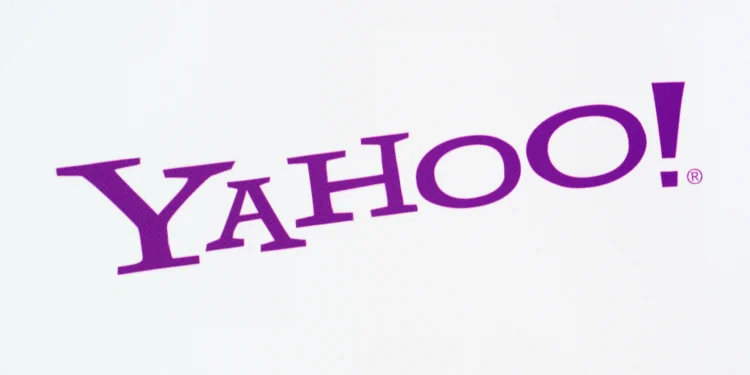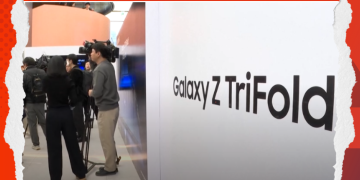Yahoo’s Browser Ambitions Revealed in Antitrust Testimony
In a surprising revelation that could reshape the web browsing landscape, Yahoo has announced plans to potentially acquire Google Chrome the world’s dominant browser with over 65% market share should antitrust regulators force its divestiture. This strategic move comes as Yahoo simultaneously develops its own browser prototype, signaling renewed ambition from the legacy search company.
The information emerged during the fourth day of the Justice Department’s remedies trial addressing Google’s search monopoly. Following a landmark ruling finding Google guilty of monopolistic practices in the search market, the DOJ has proposed several remedies, including requiring Google to sell its Chrome browser. The agency argues Chrome has become a key distribution channel for Google’s dominant search engine, creating insurmountable barriers for competitors.
“Chrome is arguably the most important strategic player on the web,” testified Yahoo Search General Manager Brian Provost, highlighting why the browser has become central to the antitrust remedy discussions.
Why Browsers Matter in the Search Engine Wars
Yahoo’s interest in Chrome underscores a critical reality in today’s digital ecosystem: whoever controls the browser controls the gateway to online search. According to Provost’s testimony, approximately 60% of search queries originate through web browsers, with many users searching directly from the address bar rather than visiting a dedicated search page.
This browser-to-search pipeline explains why Yahoo isn’t alone in its interest. Other competitors, sensing an opportunity to challenge Google’s dominance, have also expressed acquisition interest. Witnesses from AI search newcomer Perplexity and tech giant OpenAI both indicated interest in Chrome during their testimony this week, though DuckDuckGo’s CEO stated they wouldn’t have the financial capacity for such an acquisition.
For Yahoo, which currently holds just 3% of the search market, acquiring Chrome could transform its competitive position overnight. Provost estimated Yahoo’s search market share could jump into “double digits” if it were to acquire Chrome, demonstrating the browser’s immense value as a search distribution channel.
Yahoo’s Two Pronged Browser Strategy
Recognizing the strategic importance of browser ownership, Yahoo has been pursuing two parallel paths. Since last summer, the company has been “actively internally developing a prototype of a browser” to understand what would be required to compete in this market. Provost estimated this internal development would take six to nine months to complete.
Simultaneously, Yahoo is engaged in “ongoing” discussions with other companies about potential browser acquisitions, though Provost declined to publicly identify these targets. However, acquiring an established browser like Chrome would provide immediate scale and market presence compared to the longer timeline of internal development.
The potential Chrome acquisition would be no small undertaking. Provost estimated such a deal would cost “tens of billions of dollars,” but expressed confidence that Yahoo could secure this funding with backing from its owner, Apollo Global Management.
The NetScape Connection: History Repeating?
In a remarkable twist of tech industry fate, Apollo Global Management—Yahoo’s parent company—already owns a significant piece of browser history: the NetScape brand. NetScape was at the center of the first major tech antitrust case in the 1990s, when Microsoft’s bundling of Internet Explorer with Windows effectively crushed what was then the market-leading browser.
This potential acquisition represents a remarkable full-circle moment in browser history. NetScape, once the dominant web browser of the early internet, lost the infamous “browser wars” to Internet Explorer in a case that defined tech antitrust enforcement for generations. Now, its brand owner could potentially acquire Chrome in another landmark antitrust remedy.
While Provost indicated he wouldn’t consider NetScape “an active browser” today, the historical parallel adds a fascinating dimension to Yahoo’s Chrome ambitions.
What’s Next for the Browser Market?
Industry analysts suggest that Yahoo’s browser ambitions reflect the growing recognition that controlling the browser gateway is crucial for any company hoping to challenge Google’s search dominance. With browsers increasingly serving as the primary interface for AI assistants and search tools, owning this distribution channel could potentially reshape competition in ways that regulators have long sought.
The outcome of the remedies trial will ultimately determine whether Google must divest Chrome and whether Yahoo or another competitor will have the opportunity to acquire it. Judge Amit Mehta’s decision could fundamentally alter the competitive landscape of both the browser and search markets for years to come.
For users, these developments could eventually mean more choice in both browsers and search engines, potentially driving innovation in features, privacy protections, and AI integration as competition intensifies in a post-monopoly environment.














